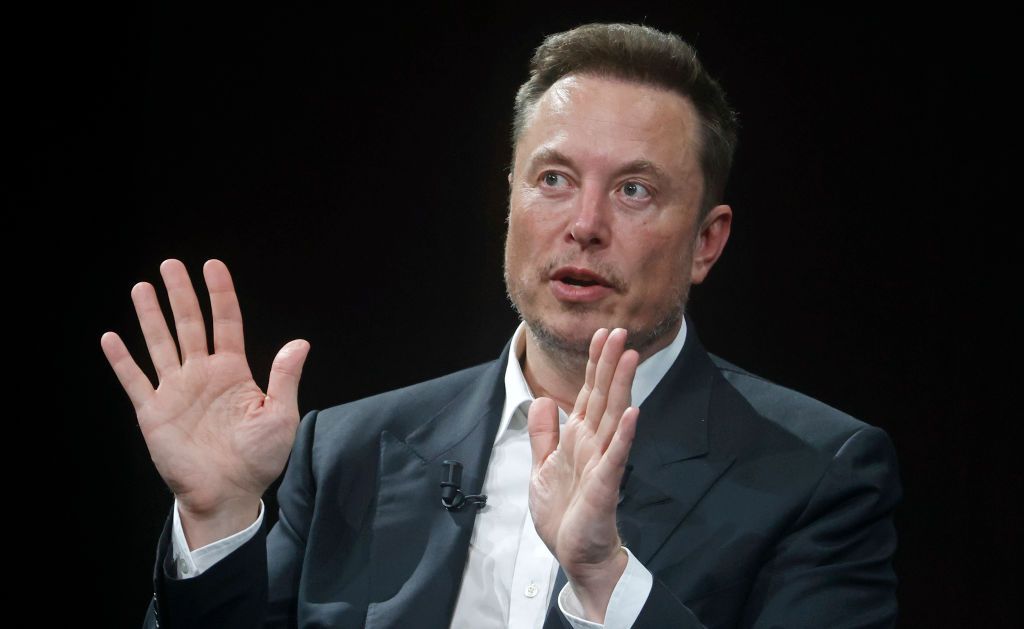WSJ uncovers how black market supplies Russian troops with Starlink

Russian troops in Ukraine continue to obtain Starlink terminals through shadowy supply chains and intermediaries, while SpaceX has not shut these devices off, the Wall Street Journal reported on April 9.
Ukrainian military intelligence chief Kyrylo Budanov told the Wall Street Journal in February that Russian forces were using thousands of Starlink terminals in Ukraine, echoing earlier assertions by the military intelligence and media outlets.
Elon Musk, the founder of the SpaceX company that operates Starlink, has denied selling any Starlink units to Russia and said that Starlink would not connect to any devices there. In turn, Moscow does not officially allow the use of Starlink on its territory, fearing it would undermine its tight control over the information space.
According to the Wall Street Journal, Russian intermediaries buy Starlink hardware on online retail platforms, including eBay, in the U.S. or on the black market in Central Asia, Dubai, or Southeast Asia and subsequently smuggle the equipment to Russia.
Russian volunteers then deliver Starlink terminals to troops fighting in Ukraine, helping Russian forces with communication and drone control, the outlet wrote.
SpaceX has previously spoken out against any military use of its equipment. The company has the ability to "geofence" their devices, thus making them unavailable in specific locations.
The Journal's investigation revealed that the Russian end-users connect to Starlink through the roaming feature after the dealers register it in countries where Starlink is permitted.
Russian Starlink dealers also claim that Crimea or Russian-occupied territories of Ukraine are no longer geofenced, allowing Russian troops to use the devices, the outlet wrote.
U.S. Assistant Defense Secretary for Space Policy John Plumb told the Journal that Washington is working with Kyiv and SpaceX to put an end to Russia's use of the terminals on the front.
According to the Journal, Starlink hardware also ended up in the hands of the Sudanese insurgent group called the Rapid Support Forces, which is backed by the Russian mercenary Wagner Group.
SpaceX began providing the Starlink terminals to Ukraine shortly after the Russian full-scale invasion in February 2022. In September 2023, CNN wrote that Musk switched off Starlink near occupied Crimea to thwart a Ukrainian strike against the Russian Navy.
Musk later confirmed he had received a request from Kyiv to activate Starlink "all the way to Sevastopol" with the "obvious intent being to sink most of the Russian fleet at anchor" but said the system had never been active there to begin with.
"If I had agreed to their request, then SpaceX would be explicitly complicit in a major act of war and conflict escalation," the businessman claimed at the time.













